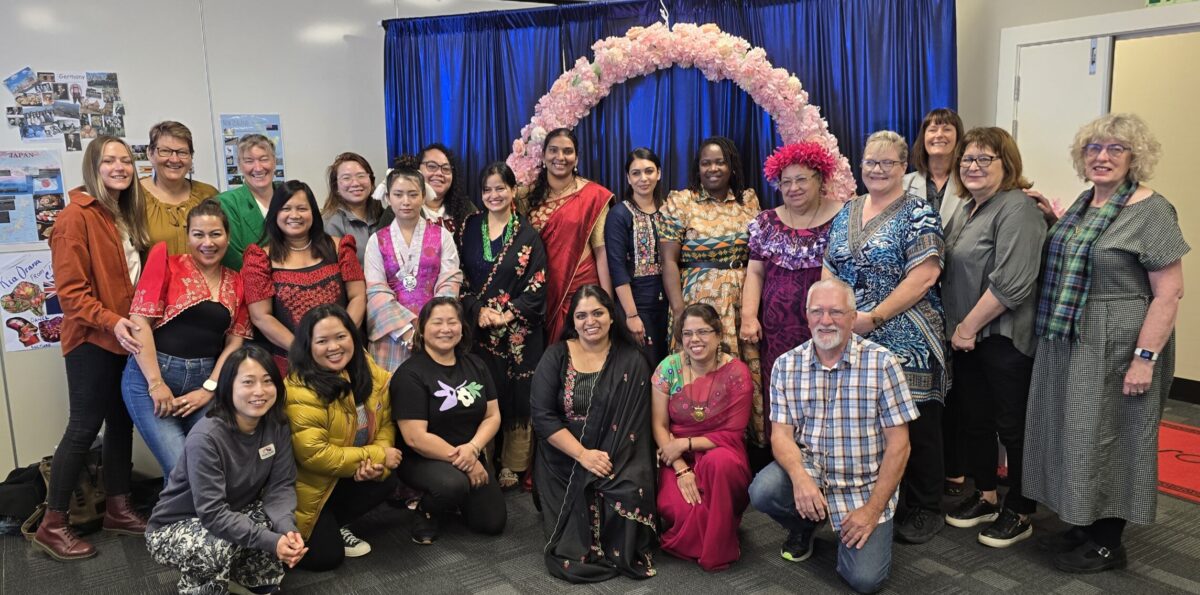When I first came to Invercargill as a registered nurse (RN) 14 years ago, there wasn’t much of a support system. The region didn’t have many migrants or other internationally-qualified nurses (IQNs) from India compared to now.
In terms of cultural support groups, there weren’t many. Sometimes, local people weren’t as accepting of a multicultural or diverse workforce then, compared to now.

There were random comments from patients like: “I don’t want that brown nurse to look after me.” Once they got to know you, they were usually much more accepting.
Although they would have been very skilled and high-performing in their own country, when they come to a new country they’re made to feel a bit small.
But the impact of such comments can be huge, for many, many days. You can lose interest in your job, feel depressed and lose confidence for a while. It takes quite a few positive experiences to help counter such negatives ones.
But the community has changed a lot since then. Now we have a much more multicultural workforce which has changed people’s perspectives and they know they’re being well looked after by us. So direct racist comments have lessened hugely.
As patients and other staff get to know us as people, and maybe understand our cultures a bit more, it means new IQNs coming in feel more supported and less alone, settling into a new environment. A little kindness goes a long way.
Feeling ‘small’
For nurses coming here from other countries with different transport and housing systems, just finding somewhere to live and our way around are big challenges, alongside homesickness and isolation. Also, finding food and ingredients to buy to cook our own cuisine. In a nutshell, just finding our feet in a new country is hard for the first few months.
Likewise, on a ward, it’s different again.
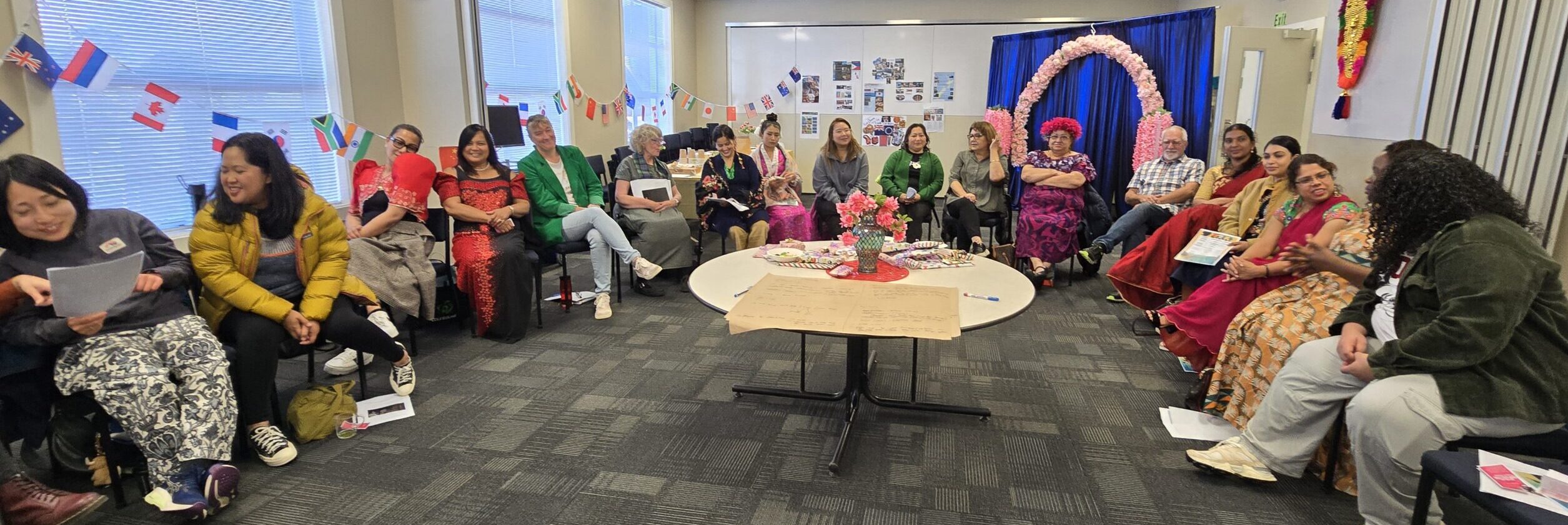
Some of the jobs that doctors do in New Zealand are done by nurses overseas and vice versa. Inserting arterial lines, for example, can be a nurse’s job in some countries — but is done by doctors here.
Quite often, as new IQNs face language barriers especially with colloquialisms, we are looked down upon or judged very quickly.
Although we may have been very skilled and high-performing in our own country, we feel quite small when we come to a new country. This can mean some IQNs are afraid to ask questions — they are unsure but fear being intimidated. This can compromise patient safety.
It’s important to remember, IQNs possess a variety of skills and knowledge. Every person is unique, with their own values, abilities and qualities, hence deserve to be treated with respect.
Therefore, it’s crucial to have preceptors who are supportive of IQNs, who try and understand us – have a friendly chat, have a normal conversation to understand where we’ve come from, what our skill sets are, what we would like to learn, without having any pre-conceived ideas.
I came to New Zealand in 2011 as I heard it had better life conditions, pay and respect for the profession.
IQNs, too, should be encouraged to have open conversations with people from all ethnicities and not just mingle with one particular group. Such conversations creates deeper understanding of each other’s culture and fosters respect.
I was lucky when I started, I had very friendly supportive staff. But this is not always the case in different departments, which can lead to problems.
Speaking up
In some overseas countries — whether it’s a senior nurse or doctors’ fault — it has often all come down on the nurse, depending on who has the stronger union.
But it is pivotal that IQNs is shouldn’t be afraid to speak up if they think a situation, prescription or lack of intervention might compromise patient safety.
Most of the time, it’s the worry that if we speak up or challenge a doctor or nurse — if they’re not happy, we’re afraid we might actually lose our job.
But of course, not only are we allowed to speak up, it is actually expected of us, under the Nursing Council’s registered nurse (RN) competency requirements.
Its rangatiratanga/leadership pou/pillar says: “Fundamental to the integration of leadership is the need for nurses to intervene, speak out, and advocate to escalate concerns on behalf of colleagues or recipients of care.”
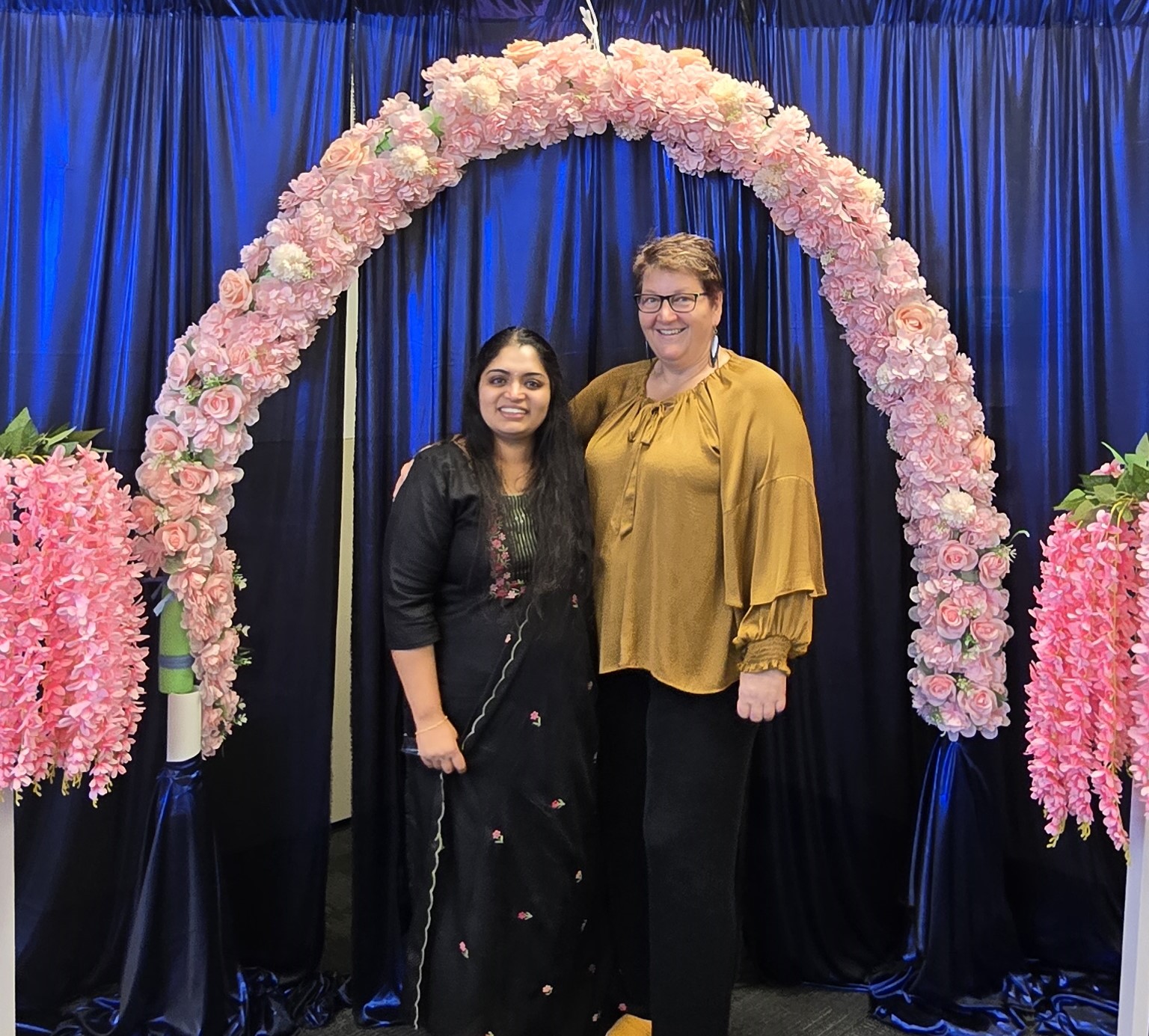
New Zealand employment laws and unions are also generally more protective of workers than in many of IQNs’ home countries — and, of course, members are covered by Tōpūtanga Tapuhi Kaitiaki o Aotearoa — NZNO’s collective agreement.
‘More respect’ for nurses in NZ
I come from Kerala, India. My mum was a nurse and she worked for a long time – 40 years! And she has been paid very low – minimum wages, which was about NZ$100 a month by the time she retired, even though she was a senior paediatric intensive care nurse.
In other parts of the public sector, people are paid 10 times what she was earning. That’s because we don’t have a very strong nursing union. And working conditions are very poor, with little security and long hours – you have to work six days a week, with just one day off, day or night shifts.
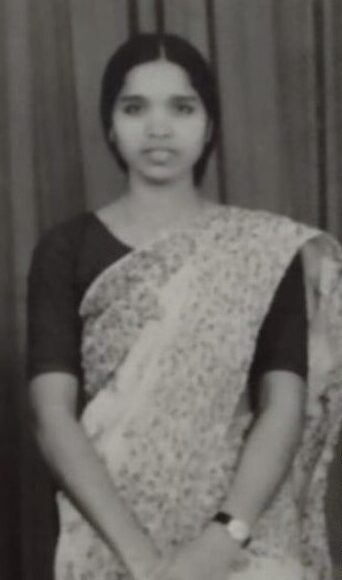
But we were happy because that’s what we knew — we didn’t know anything different. We could live off the wages, as the cost of living was much lower. We were happy and healthy, fed and clean and clothed.
I came to New Zealand in 2011 as I heard it had better life conditions, pay and respect for the profession. In India, nurses are not as widely respected as here — at least before COVID.
Then, after 10 years working in on Invercargill’s medical wards, I became a district nurse, then nurse educator, a couple of years ago.
Supporting migrant nurses
Improving support for new IQNs had been on my mind for a while when I took up the educator role. I started thinking about how to make life in Aotearoa a bit more welcoming for migrant nurses or kaiāwhina.
I was also doing orientation for quite a lot of IQNs and could see they needed quite a lot of extra support. I kept boosting their confidence and thought I could put something together to support them.
Feeling supported is quite important so we can deliver safe care for our patients and also have a good relationship between staff.
My fellow nurse educator, Maike Rickertsen, originally from Germany, was also having similar thoughts. We came together, and with the support of our manager Julie Symons, did a survey of IQN staff throughout the hospital to see how they felt when they started. Did they feel supported? Included? What did they need?
Some said they feel unheard or feel judged. Not everyone felt comfortable challenging senior colleagues and doctors.
So this year, we organised a cultural support workshop where we encouraged open and courageous conversation. We shared food from Kenya, India, Germany, Samoa and the Philippines as well as local Kiwi kai. Staff wore traditional dress and it was a great day of fun, laughter and learning from each other.
We are planning another in October and hope events like this will create a sense of unity and belonging, in our diverse workplace.
I wouldn’t have spoken up like that when I first arrived here, it’s something I’ve learned over the years.
We have also created guides for new IQNs settling in Invercargill., and now have “cultural champions” on a few wards. We are starting to do much better at supporting our IQNs in Invercargill — and I would love to see this happen in other parts of New Zealand, too.
In October 2024, I shared my experiences at NZNO’s Te Tai Tonga / Southern regional council meeting in Invercargill, with a presentation: ‘An IQN perspective of nursing in Aotearoa and what is means to be an NZNO member.’ Then I spoke again in April this year, at Te Tai Tonga/Southern regional convention in Otēpoti/Dunedin.
Speaking up against racism
Racism is still a problem, from time to time.
I went to a pharmacy recently to pick up a prescription and, I don’t know if she was having a bad day, but she was very rude and short. She wouldn’t wait to hear my last name properly — I even offered to write it down which she ignored — then she couldn’t find my script. She was looking under the wrong letter. She also made a rude comment about my name in front of other customers.
I was a bit tired that day so I didn’t say anything. But after work another day, I went back and said to her politely how she made me feel that day.
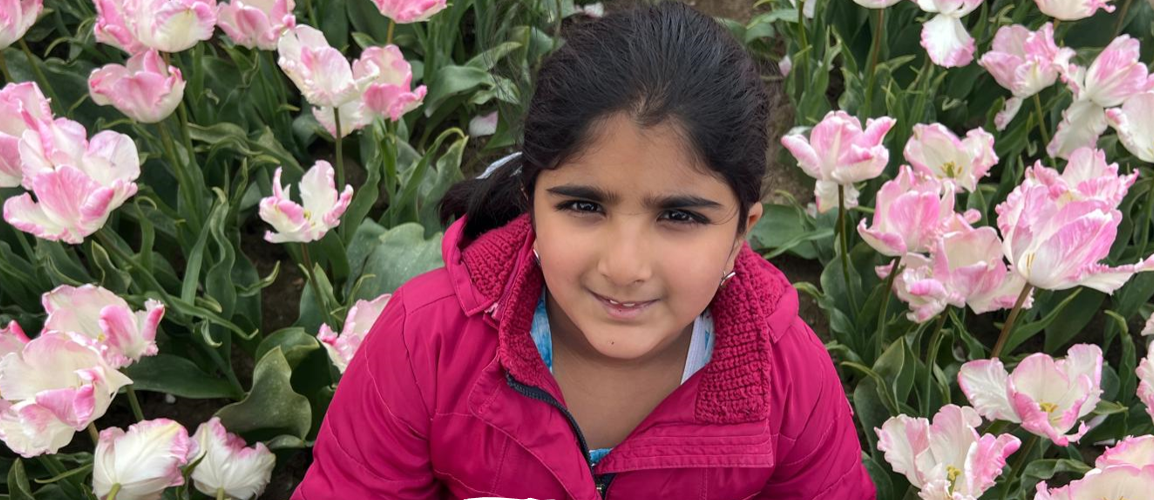
I wouldn’t have spoken up like that when I first arrived here, it’s something I’ve learned over the years. For me, if I don’t say something, then it might happen to the next person. And the person might not realise the impact it has — so once they know, they might actually think about it a bit more. The pharmacist said she was sorry.
Such experiences happen more rarely, now. Usually people are friendly – but sometimes you find yourself in situations, where you are judged at first sight or not listened to and that can make you feel awful. I’m very used to it — but now I speak up.
- Since talking to Kaitiaki, after 14 years in Invercargill, this month Varghese and her family moved to Queensland in search of warmer climates.
See also: Proud of them: More IQNs finding strength to strike.



